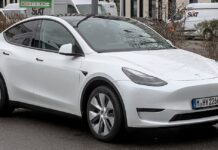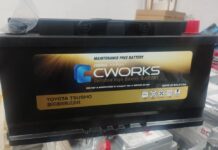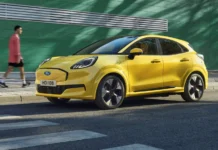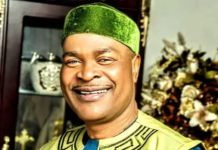Leading auto brand in the world, Toyota, has maintained its lead in the Nigerian market, with a 22% share, even as it looks at finishing with a 24% market share by the end of the year. Speaking to journalists in Lagos last week, the Managing Director of Toyota Nigeria Limited, Mr. Kunle Ade-Ojo, stated that his company achieved the 22% market share by the end of the third quarter of 2017. Ade-Ojo said “As at the end of third quarter, our market share was about 22 per cent of the brand new vehicles sales but we are hoping to bring it to about 24 per cent at the end of the year”. According to him, Toyota commercial vehicles contributed significantly in achieving this feat with the Toyota Hilux taking the lead. He said in terms of figures, Toyota has sold about 1, 200 Hilux out of about 1, 9000 sales. He also stated that at the third quarter of 2017, sales of brand new vehicles was about 7,000 units compared to about 14, 500 units in 2016. Ade-Ojo re-emphasized that after-sales services is an area Toyota Nigeria Limited is going to focus on, adding that they will work with transporters on how to manage and refurbish their fleet so that the vehicles can last longer. On competition, Ade-Ojo said TNL is not perturbed, adding “In terms of competition, we are still ahead because our competitors are majorly Chinese. In the Pickup and bus segment, we still have the leadership as much as market is concerned”. On Toyota Coaster buses, Ade-Ojo said “The Coaster bus has been officially introduced into the market. We have been selling it and it has been well received and it is the leader of 30-seater buses in the market”. Giving hope and forecasting a better business deals in the upcoming year, he said “we are forecasting that the auto market will grow 5 per cent. I say this because of the easing that we are beginning to see. If you look at the ratio sales of vehicles, most sales were more of commercial vehicles. “In 2018, we hope to see a bit of balancing with the recovery of passenger vehicles. This year, a lot of companies were very careful because of the economic recession. They buy vehicles that would help improve productivity of their businesses. “As economy improves, so will there be balancing of sales across the models and vehicle segments. A more realistic growth next year may be experienced. However, there are risks. As 2018 budget is signed into law, we might begin to see some marginal activities in businesses. We are hoping that there will be an improvement generally”, Ade-Ojo said.]]>
Toyota Nigeria grabs 22% Market Share
Sign in
Welcome! Log into your account
Forgot your password? Get help
PRIVACY POLICY PAGE
Password recovery
Recover your password
A password will be e-mailed to you.











